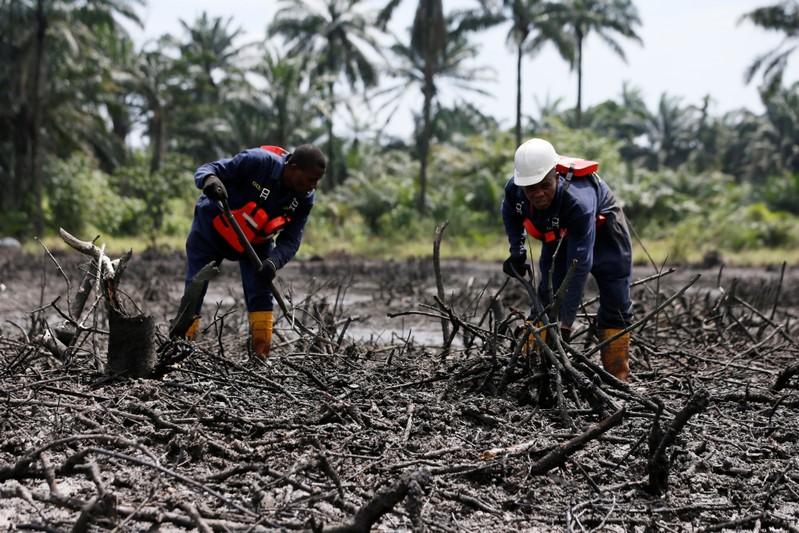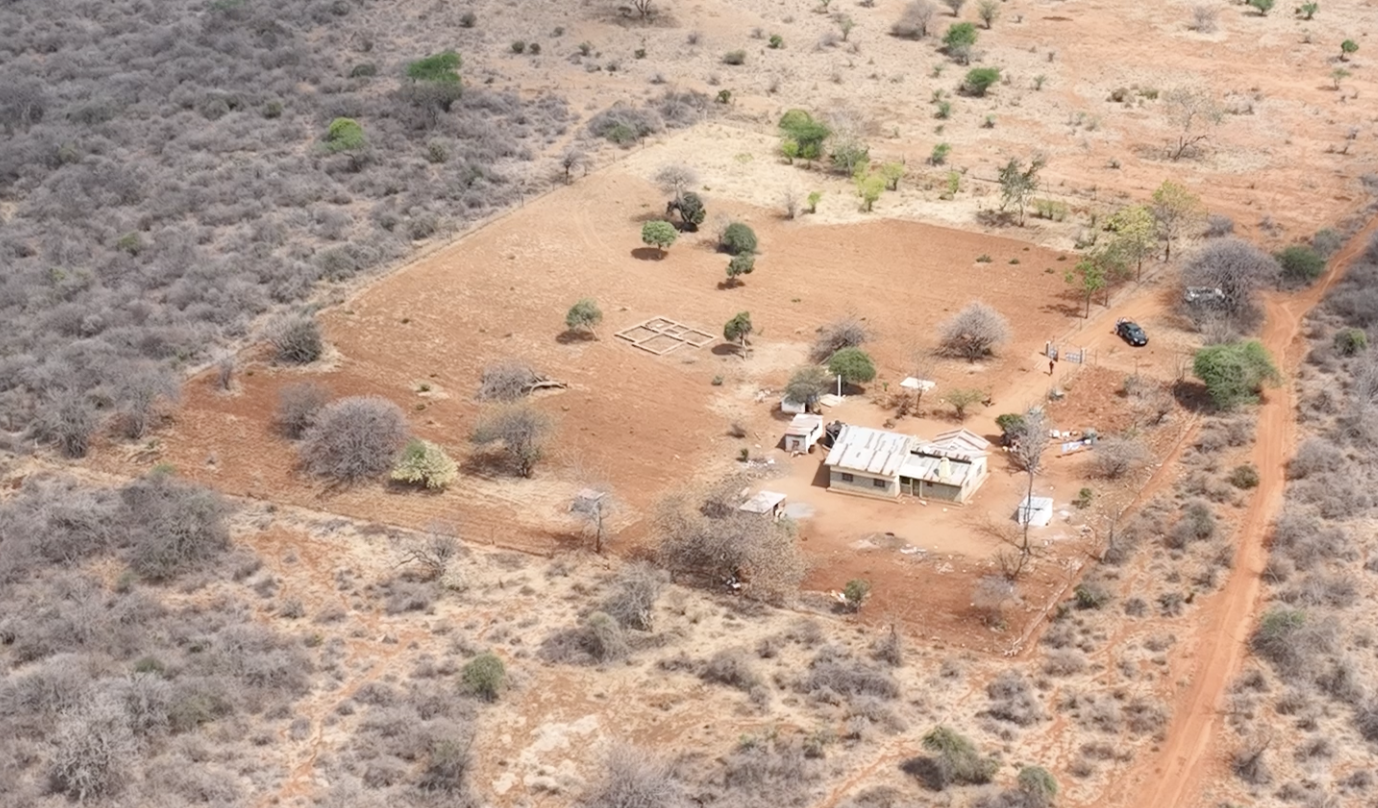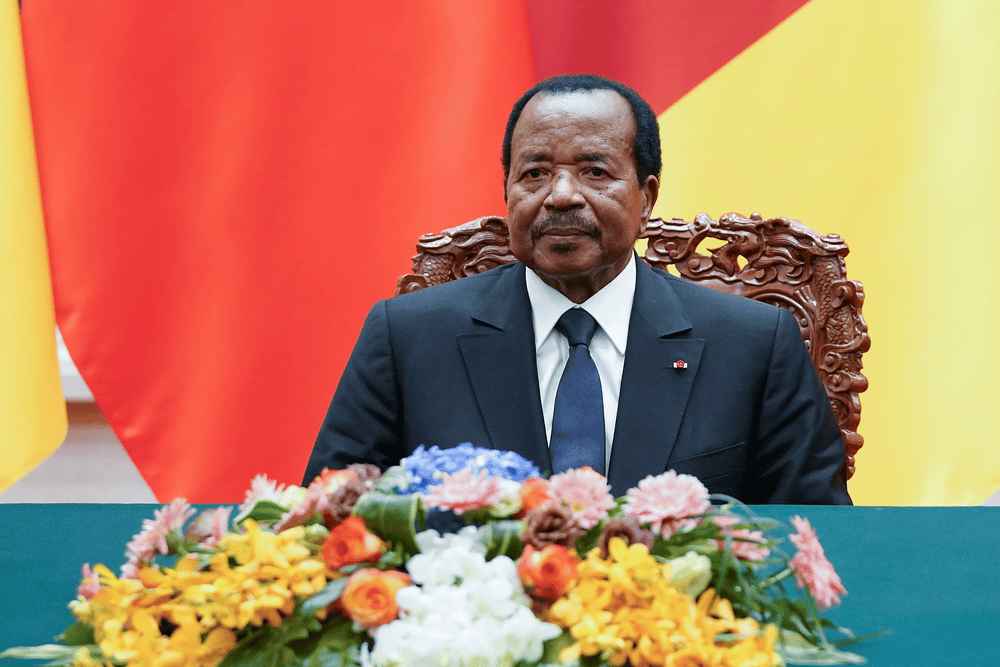
Oil spill clean-ups in Nigeria lack progress, environmental groups say
Nigeria and Royal Dutch Shell Plc have failed to implement most recommendations made by the United Nations to clean up oil pollution in the Niger River delta, according to a new report.

The UN Environment Programme in 2011 proposed the creation of a $1 billion fund to repair the damage done by decades of crude spills in the Ogoniland area in southeastern Nigeria. However, progress has been poor and the little work that has been done is sub-standard, advocacy groups including Amnesty International said Thursday.
“Research reveals that there is still no clean-up, no fulfillment of ‘emergency’ measures, no transparency and no accountability for the failed efforts, neither by the oil companies nor by the Nigerian government,” the groups said in a report.
Shell’s Nigerian unit pumped oil in Ogoniland until 1993, when the company withdrew amid increasing protests against its presence. Even though the Hague-based company no longer produces crude in the area, a joint venture operated by Shell Petroleum Development Company, or SPDC, still owns pipelines that crisscross the region.
False Starts
A government agency responsible for overseeing the clean-up, the Hydrocarbon Pollution Remediation Project, known as Hyprep, was finally set up in 2017 after several false starts, but it’s failing to deliver, according to the report, which based its findings on unpublished assessments of the agency’s performance by UNEP.
“Hyprep is not designed, nor structured, to implement a project as complex and sizable as the Ogoniland clean-up,” the report cites UNEP as saying late last year.
Hyprep contractors recently began working on 11% of the contaminated area identified by UNEP nine years ago, but even that has yet to be completed, according to the activists, which include Nigeria-based Environmental Rights Action and Friends of the Earth Europe.
‘Conflict of Interest’
Shell may also have a conflict of interest because it has a key role in Hyprep’s oversight body and has seconded a senior staff member to the agency, the report said.
SPDC has acted on all UNEP recommendations made directly to the company and continues to “actively support the clean-up process along with other stakeholders within a transparent governance framework,” a spokesman said by email. “This report fails to recognize that the majority of UNEP recommendations need multi-stakeholder efforts coordinated by the Federal Government of Nigeria.”






